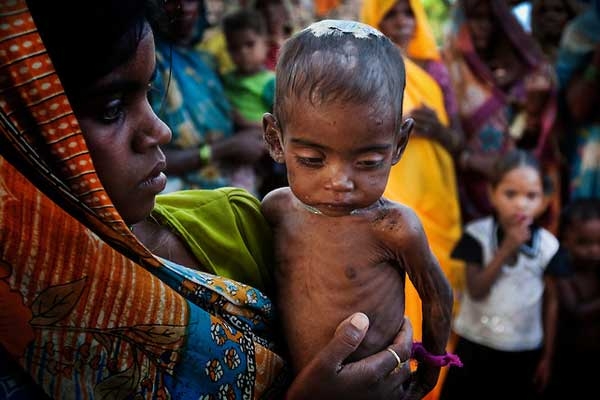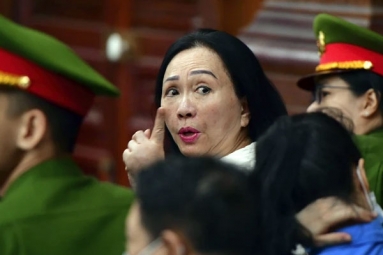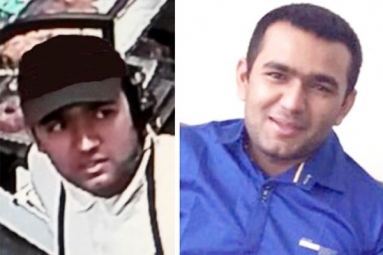
(Image source from: A Global Mind - WordPress.com)
India's indigenous children are far more likely to die or suffer from undernourishment than those from other communities, according to the first government study on health among tribal groups.
Amongst indigenous communities, 57 out of every 1,000 children die before age five, compared with 37 deaths in further social groups, according to the report released last week.
The national average for malnutrition among children is 35 percent, while researchers found that 42 percent of indigenous children are underweight.
Researchers inspected health conditions for India's 104 million indigenous people and called for resources to be directed specifically towards improving healthcare and food security among the country's 705 tribal groups.
"Most states do not have funding for tribal health, nor is there any separate account of how money (from the health budget) has been spent on them," said Abhay Bang, a physician, and public health expert who headed the research.
The report recommended that the government should allocate 8.6 percent of its annual budget for improving conditions among tribal people.
The researchers pointed to a number of challenges that indigenous people have in accessing health care and passable food.
90% Tribal in Rural Areas
Nearly 90 percent of the country's tribal people live in rural areas, which are every so often in rocky and isolated regions where doctors are unwilling to serve, the researchers said.
Related content: Over 660 Million Indians Affected by Excessive Air Pollution, Say Researchers
Numerous communities have been "robbed" of food, shelter, and livelihoods due to "deforestation and forest laws that limit access to forest produce," according to the report.
Campaigners have called for improved protection for tribal lands.
"These are traditional and free sources of food, but they have depleted," said Milind Thatte, founder of Vayam, a charity that works on tribal development.
"Conserving these resources and giving tribal rights over them will go a long way in improving their health," he told the Thomson Reuters Foundation.
Tribal homelands have been battered over the past few decades with the development of mines and major infrastructure projects, say campaigners.
Deluges and famines have likewise taken a heavy toll on indigenous communities, forcing several to migrate, the report noted.
Relocation often weakens nutrition among children, since they are run-down of the free meals provided by the government in daycare centers and schools in their home-grown villages, the researchers found.
Around 146,000 children from tribal communities die each year, according to the report, which cited a study from 2011, the last year that data was available.
By Sowmya Sangam








